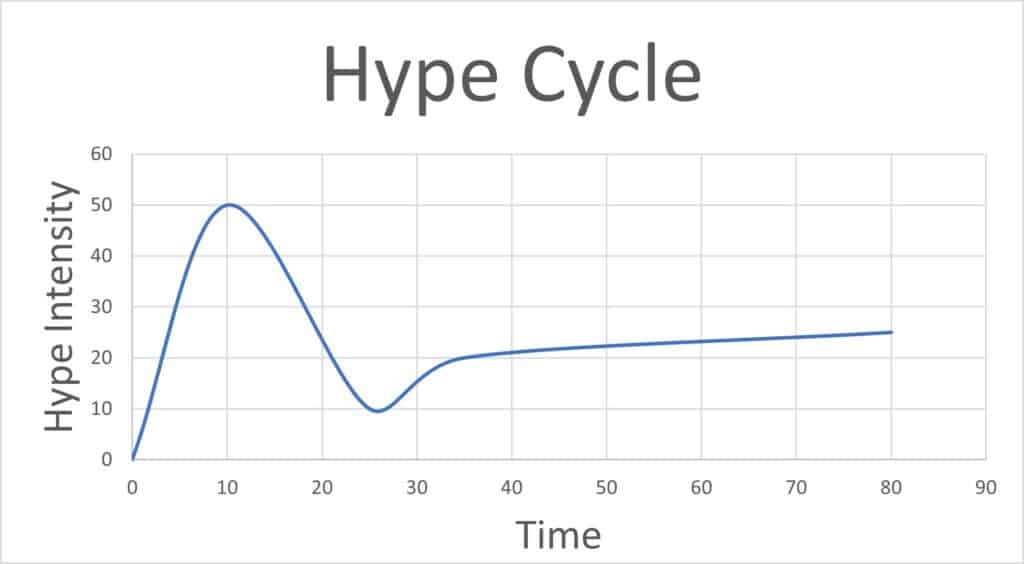SURVEY OPEN: Food Fraud Annual Update Compliance Confidence survey 2023. We’re evaluating the implementation progress as we enter the fifth year of GFSI compliance requirements. A key focus will be the maturity of prevention strategies and the adoption of management systems. Please participate and share when applicable.
2023 SURVEY: Food Fraud Annual Update Compliance Confidence:
The survey responses are completely anonymous, and there are no identifiers collected.
From the 2021 and 2019 results, the survey revealed seemingly high compliance (“yes, we did it”) but actually with lower confidence in the activities (“but we’re not that sure that we are fully compliant”). This year, the 2023 survey results will be added and analyzed. This content will be publicly shared.
Previous FFAU Survey Findings
From the 2021 results:
- Compliance — only 75% average confidence they are compliant: would you be comfortable telling your customer (or your boss) that you’re only 75% confident you meet the Food Safety Management System requirements?
- Incident Review Method– only 58% average confidence in their method to identify and assess new food fraud incidents: as the base program is developed, there is a deeper review of the basic work processes.
- Executive Approval — only 67% average confidence in the “sign off” or “approval” by an executive or senior officer: beyond being a requirement for some standards, the activities have not been presented to or approved by the bosses.
- Conclusion: companies have started and have a lot of activity… BUT there are significant concerns about the level of confidence in the programs.
Food Fraud Prevention is Maturing Along the ‘Hype Cycle’
A research theory was developed to explain the adoption of new ideas or technology. In 1995, Jackie Fenn, a researcher at Gartner Incorporated, published the Hype Cycle Methodology (Figure). Over time, a new idea often starts applying or adopting new technology to meet the problem. Generally, the start is a ‘technology trigger’ where new ideas are applied to a problem. For food fraud, that new technology was food authenticity testing to detect incidents such as Sudan red carcinogen colorant, melamine in infant formula, horsemeat in beef, and the new regulatory and industry compliance requirements. Other product protection hype cycles would be mass serialized codes, RFID, QR codes tracing the product back to a field, and blockchain.
After the ‘technology trigger,’ there is the ‘Peak of Inflated Expectations.’ At this point, there is an amazement that the new technology will solve previously insurmountable problems. The ‘hype cycle’ peaks and then reality sets in which leads to a drop to the ‘Trough of Disillusionment.’ With very few exceptions, there are no magic solutions. This high and then low are important since they help bring about technological innovation and then an intense focus on the root cause of the problem. This awareness is the ‘Scope of Enlightenment.’ After this, the final stage is the ‘Plateau of Productivity,’ an ever-increasing efficient and effective strategy.

Food Fraud Prevention and the ‘Scope of Enlightenment’
Our new Food Fraud Annual Update Survey will explore this ‘Scope of Enlightenment’ stage, where programs and strategies are being optimized. As with other new ideas that went through the hype cycle, a narrow focus on specific problems will enable a more specific focus on countermeasures and control systems that apply to a single problem. The focus on specific problems enables processes and methods to be developed that address ‘how much is enough’ and clearer ‘risk tolerance levels. The ‘Scope of Enlightenment’ continues to the ‘Plateau of Productivity,’ where real, integrated management systems are adopted and refined.
Food fraud prevention is moving beyond the ‘crazy busy activity’ to become a rational, routine, and methodical activity.
Takeaway Points
- As with any concept, food fraud prevention is constantly evolving and refocusing.
- As food fraud prevention moves along the hype cycle, there is a predictable evolution from a ‘crazy busy activity’ to a rational, routine, and methodical activity.
- Take action and participate in the Food Fraud Annual Update Survey to share insight and help direct the research projects.

